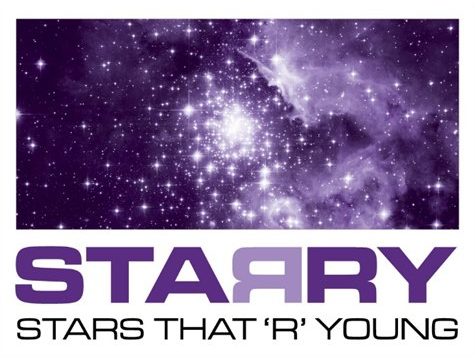But, what is a transfer viva? Is an oral exam where the student has to answer questions about the work they have been doing for 10 months since the beginning of the PhD. This represents an important step in this journey because the outcome of this determines whether you can continue or not in the program. I am very happy to say that I passed my transfer viva and officially I am a 2nd year PhD student at the University of Leeds.
Moreover, before the end of last year, I attended two interesting workshops that took place in ESAC, Spain. One was the Third ASTERICS School, the focus for this was The Virtual Observatory (VO). In this, I learned about how to use different astrophysics tools, such as Topcat, Aladin, VOSA, etc.; and apply the knowledge in a scientific case. The ESAC DATA ANALYSIS & STATISTICS workshop was the second one I attended, where I learned about fundamental topics in statistics and data analysis from a group of experts in the field.
Finally, I helped my English advisor to create a short video presentation about the need for writing skills when doing research. This will be used in the near future as material for a course given by the Language centre of the University of Leeds. Also, I had the opportunity to show physics demos to groups of kids and the general public in the IOP outreach event, Stargazing Live 2018.
Every day is a new experience in the life of a PhD student.
